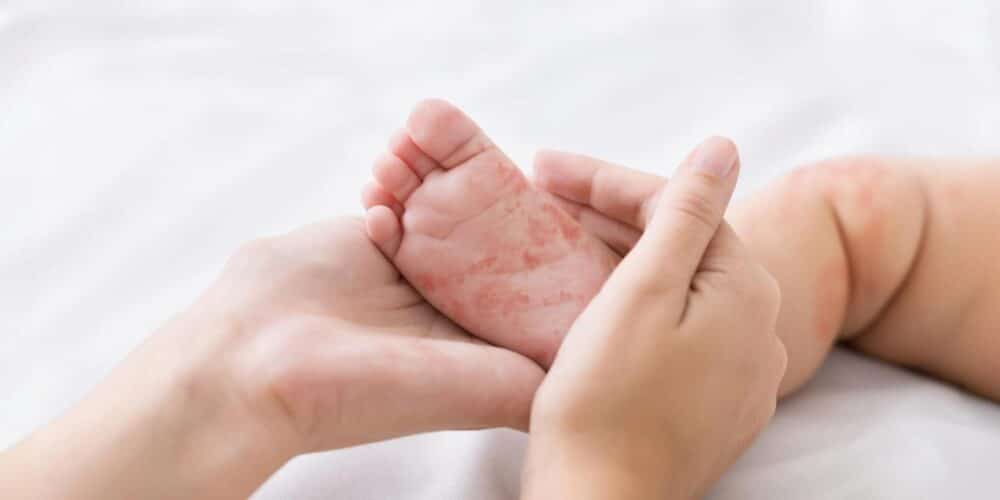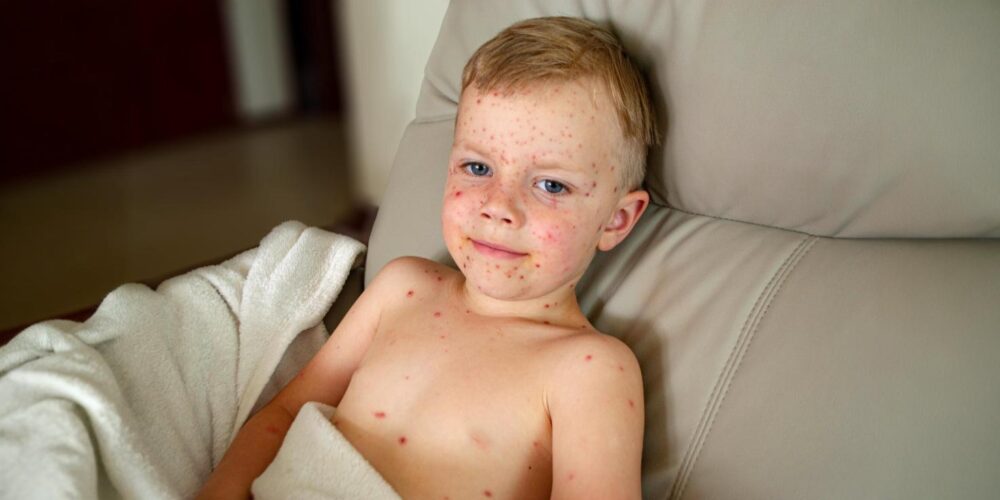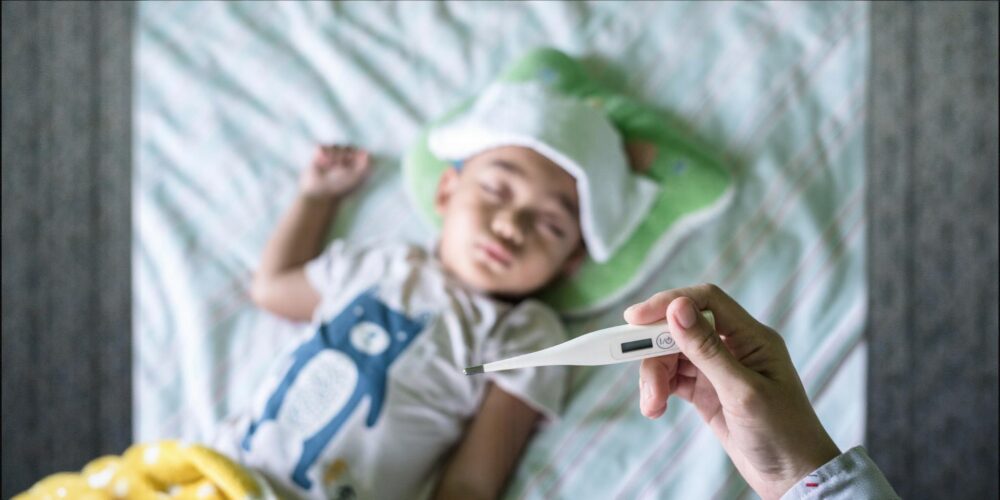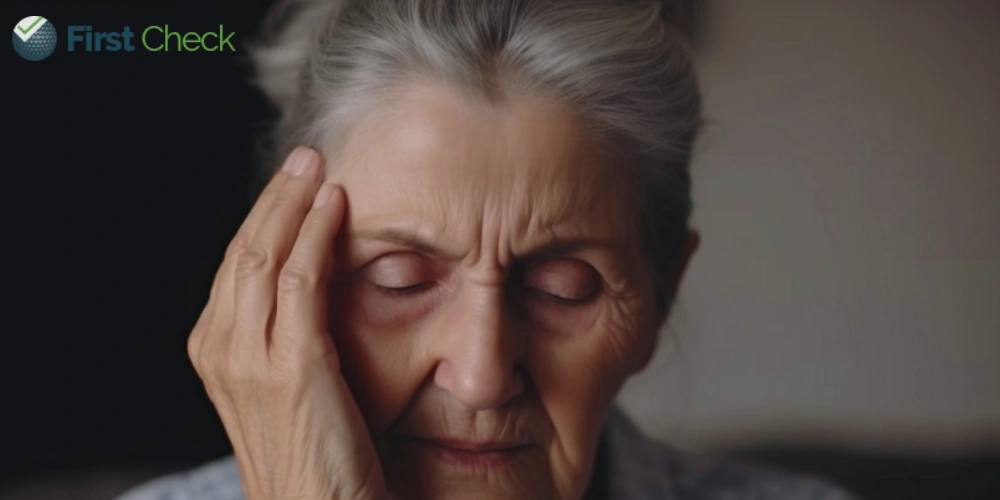IVF Specialist Petitions Delhi High Court to Allow Embryo Donation
Dr. Aniruddha Narayan Malpani, with over 35 years of experience in the field, is seeking to amend Rule 13(1)(a) of the Assisted Reproductive Technology (ART) Rules, 2022 that currently only allow unused embryos to be given back to the couple who created them.
Author
Author
- admin / 1 year

- 0
- 4 min read

Author
An Indian in-vitro fertilization (IVF) specialist has filed a petition in the Delhi High Court challenging current regulations that prohibit the donation of unused embryos to other couples, a practice he argues is widely accepted internationally and could benefit many struggling with infertility.
Dr. Aniruddha Narayan Malpani, with over 35 years of experience in the field, is seeking to amend Rule 13(1)(a) of the Assisted Reproductive Technology (ART) Rules, 2022 that currently only allow unused embryos to be given back to the couple who created them. This restriction, he contends, leads to unnecessary waste and limits options for infertile couples.
“You have all these Assisted Reproductive Technology banks, you allow egg donation, you allow sperm donation. When you add a sperm and an egg, you get an embryo; so why won’t you allow embryo donation?” Dr Malpani said speaking exclusively to First Check. He pointed out the apparent inconsistency in the current regulations, noting, “Ironically, it is okay for a couple to get a donor egg from an egg bank, a donor sperm from the sperm bank, make a donor embryo and then put that embryo inside them. Now you already have these existing donor embryos, why not use those? Why throw them, why waste them?”
The petition, filed through Advocates Mohini Priya and Ivan, argues that the current rule is outdated, overly restrictive, and ignores the realities of reproductive healthcare and modern medical advancements.
“Right now, when couples come in and we do IVF we create supernumerary (extra) embryos … afterwards which they transfer an embryo for themselves. When they get pregnant and complete their family, if they no longer require, the extra embryos just go to waste,” Dr Malpani explained. “It’s completely illogical. It shouldn’t be that way.”
The petition argues that the current rule imposes an unreasonable classification, treating embryos differently based on the recipient’s continued need without any rational basis. It also contends that this regulation infringes upon reproductive rights, which are part of the broader right to privacy, autonomy, and the ability to make personal medical decisions.
The petition comes amid long waiting periods for traditional adoption in India, which Malpani says can stretch to 3-4 years. “Thirty years ago, there were lots of kids available for adoption. How is that fair on infertile couples, especially when you know that there are embryos in these embryo banks which are frozen, which have effectively been abandoned because parents don’t want them?” he questioned.
Dr Malpani points out that embryo donation is a form of “in utero adoption” that could provide an alternative for infertile couples while also allowing them to experience pregnancy. He believes this approach could be particularly beneficial for couples who have exhausted other options.
The current regulations, Dr Malpani suggests, were partly a response to unethical practices by some IVF clinics, including unauthorized surrogacy arrangements. “What happened is partly because of a lot of IVF clinics who did a lot of dodgy stuff, for example uninitiated surrogacy and stuff in order to make money. Therefore, the regulations came in, but the regulation became a complete miss,” he explained.
Dr Malpani emphasized that the proposed change would involve informed consent from donating couples and would be an altruistic donation without financial compensation. He believes this approach aligns with ethical principles of beneficence, non-maleficence, and respect for patient autonomy.
The petition highlights that many countries, including the United States and parts of Europe, have already embraced embryo adoption, recognizing it as a viable and ethical option to help childless couples. With infertility on the rise in India due to factors such as urbanization and lifestyle changes, Malpani argues there is an urgent need for legal provisions that support the full potential of Assisted Reproductive Technologies.
“We think it’s a very counterproductive regulation as it is not adding any value. And actually, subtracting it,” Dr Malpani stated. “As an IVF specialist, you deal with infertile couples, you understand their pain, and you want to find as many solutions as possible which are ethically acceptable.”
He outlined three main options currently available to infertile couples: choosing to be child-free, adoption, and assisted reproductive technologies like IVF, IUI, and third-party reproduction. He argues that embryo donation should be added to this list of options.
“You should offer patients the choice, that’s the point,” Dr Malpani insisted. “It’s their embryos. If there are extra embryos, I’m okay to donate them. That’s great. That’s the option in lots of IVF clinics across the world.”










